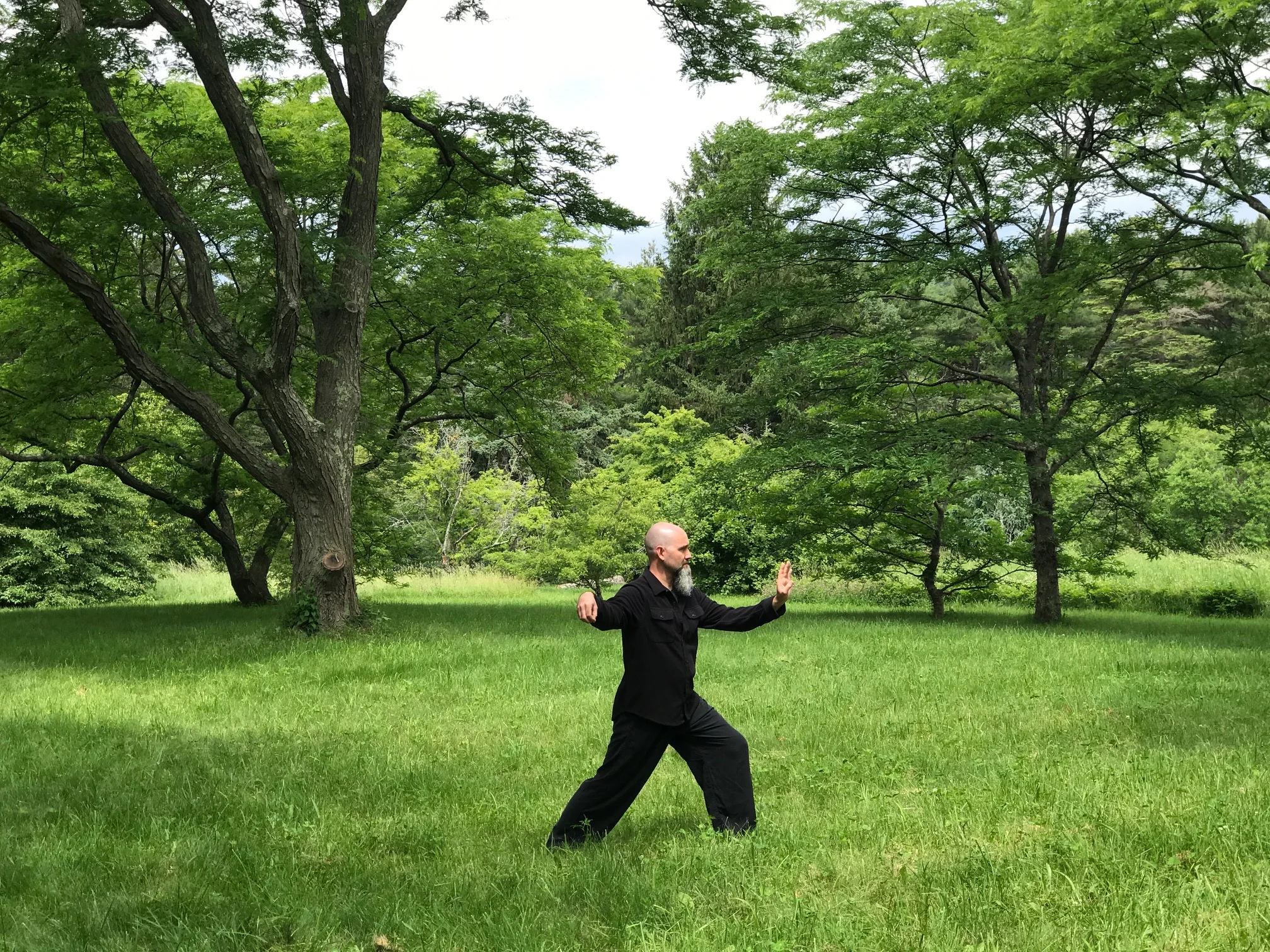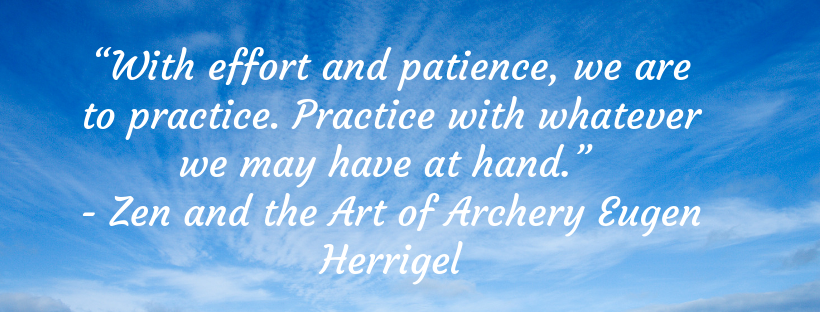Belly Breathing. It's Really Good for You.
/Our breath is always with us, yet we don't often think of it. It does what it does without any direction from us. We only notice if we are having trouble breathing, but every moment, it's keeping us going.
In breath focused practices, such as tai chi and qigong, we work to align the breath with our movements. We take deeper breaths (belly breaths) and we exhale noticeably.
If you've done this kind of breathing, you know that it has the potential to make you feel relaxed and make your body feel very good.
The mayo clinic had this to say about a deep breathing practice:
"The benefits of deep breathing extend beyond in-the-moment stress relief. Many studies have found that deep, yogic breathing helps balance the autonomic nervous system, which regulates involuntary bodily functions, such as temperature control and bladder function. This may help ease symptoms of stress-related disorders and mental health conditions such as anxiety, general stress, depression and post-traumatic stress disorder."
For your practice: Today as you do tai chi, qigong or the beginning stretches, notice your breath. Take some deep belly breaths and experience what that sensation is like, breathing in and breathing out. Notice what your body feels like after focusing on the breath while moving. What is your experience?




